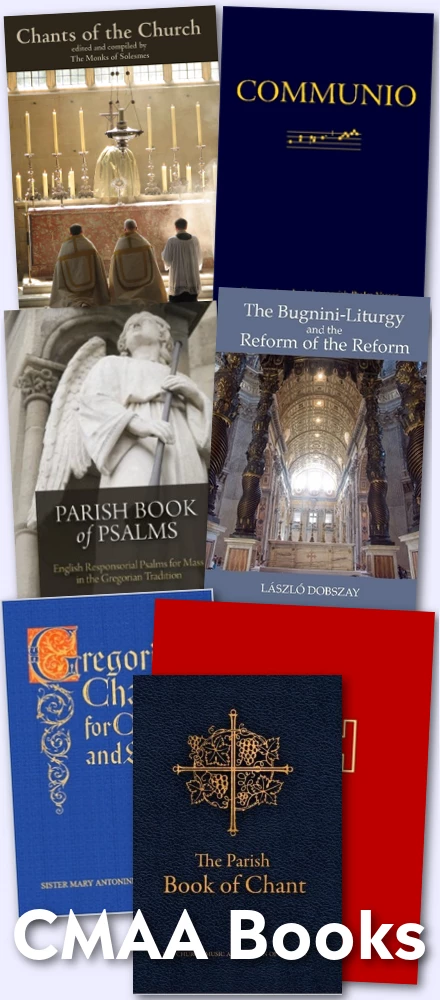Princeton Theological Seminary Chapel, Princeton, New Jersey, December 5th, 8 pm: non-ticketed, entrance is free.
In what promises to be a wonderful concert, the choral group Demestvo will present “Lost Polyphonies,” a program showcasing the earliest traditions of vocal polyphony from Europe, performed alongside contemporary compositions that engage with these chant traditions. The concert will feature music from Russia, Georgia, Byzantium, France, and England, including world premieres of newly transcribed chants that have not been heard for over 300 years. Alongside these pieces, Demestvo and guest artists will perform new works by Princeton graduate composers Justin Wright, Lucy McKnight, and Caroline Shaw.
Named after a Slavic polyphonic chant tradition, Demestvo is a quartet founded by Princeton University musicology PhD student and soprano Anastasia Shmytova. Conceived as part of her dissertation research on medieval Slavic chant and early polyphony, Demestvo is committed to bringing the unique sound world of this unheard music to contemporary audiences.This event is co-sponsored by scalafoundation.org (for whom I am Artist-in-Residence). I hope to see you there!





















